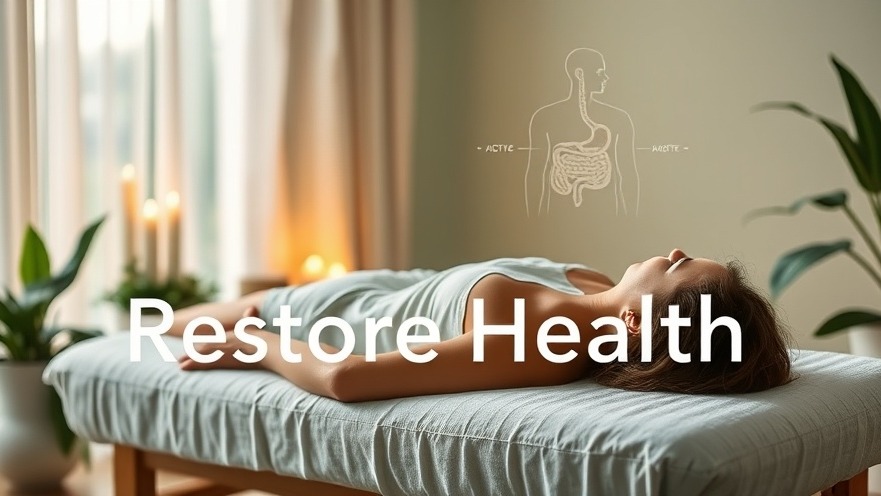
Unlocking the Benefits of Acupuncture for Stroke Prevention
Acupuncture, an ancient technique rooted in traditional Chinese medicine, is not just about pain relief. Recent research highlights its potential in enhancing cardiovascular health, especially for individuals battling rheumatoid arthritis (RA).
What is Rheumatoid Arthritis?
Rheumatoid arthritis is an autoimmune condition that affects millions globally, causing chronic joint pain and inflammation. The impact of RA extends beyond the joints, often influencing heart health and increasing stroke risks. In the U.S., between 25 to 27.5 individuals out of every 100,000 are estimated to live with RA, a significant number that suggests a widespread need for effective management strategies.
The Surprising Stroke Risk Connection
Recent studies conducted by researchers in Taiwan and China have found a compelling link: individuals with rheumatoid arthritis who received acupuncture treatment had a remarkable 43% lower risk of suffering from a stroke compared to those who did not.
The Power of Acupuncture Treatment
While there are medications available, such as JAK inhibitors and corticosteroids, there's no definitive cure for rheumatoid arthritis. However, acupuncture offers a holistic approach to alleviating pain and improving overall well-being. By using acupuncture needles to stimulate specific points in the body, this treatment encourages balance and may support heart health.
Embracing Holistic Health
For patients and practitioners alike, understanding the benefits of acupuncture opens new avenues for managing rheumatoid arthritis and its associated risks. As awareness of holistic health continues to grow, more individuals may consider integrating acupuncture into their wellness routines. Consulting with a qualified acupuncturist can provide personalized approaches tailored to individual health needs.
Acupuncture is more than just a treatment option; it's part of a broader conversation about maintaining health in a natural way. As we embrace such integrative practices, we take proactive steps towards better health outcomes.
 Add Row
Add Row  Add
Add 




Write A Comment